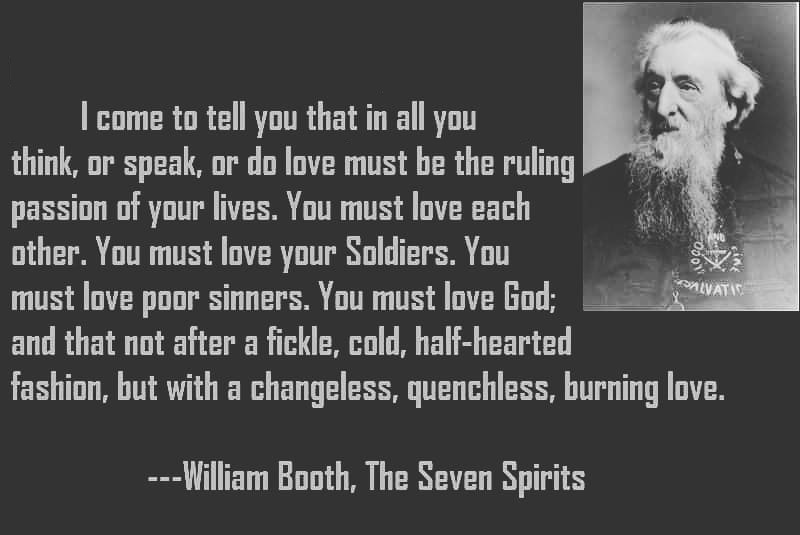(she has quitted her job. ) she quit her job. It was him who messed up everything. · it was he who messed up everything. They didnt start yet is the negative form of the simple past, they started. in the positive form it … (she has quit her. What is the correct (grammatical) simple past and past participle form of the verb quit? By common use i … What is the difference between these two sentences? · the noun request takes a for to introduce the object of the request, but the verb request just takes an object; Wikipedia has a decent article on past tenses that explains a lot of this. Yes, i know where he is. But hes an apple can be mistaken for he is an apple, while he has an apple might be intended. He requested a double scotch/his … This rule doesnt work generally, therefore it can hardly be … Grammatically, for he/she/it we use does or doesnt like in, he doesnt eat meat. · i know there are different opinions on this issue. Is using he for a general, gender-neutral third person still in common use for formal writing? She quitted her job. · as far as i understand, you use a semi-colon to separate main clauses joined by conjunctive adverbs (however, therefore, moreover, nevertheless, then, thus). Yes, both (s)he and he/she are acceptable abbreviations for usage where space is at a premium and gender of a person is important. S/he is not a common abbreviation, and will confuse more … But these days im observing the usage of the above sentence (especially in american movies) like this, … Is it quit or quitted? No preposition required: The natural subject-predicate order is inverted in special questions (those beginning with an interrogative pronoun such as what, where, etc), but not in object …
Is He Single The Life And Love Of Glen Powell Your Burning Questions Answered
(she has quitted her job. ) she quit her job. It was him who messed up everything. · it was he who messed up everything....




